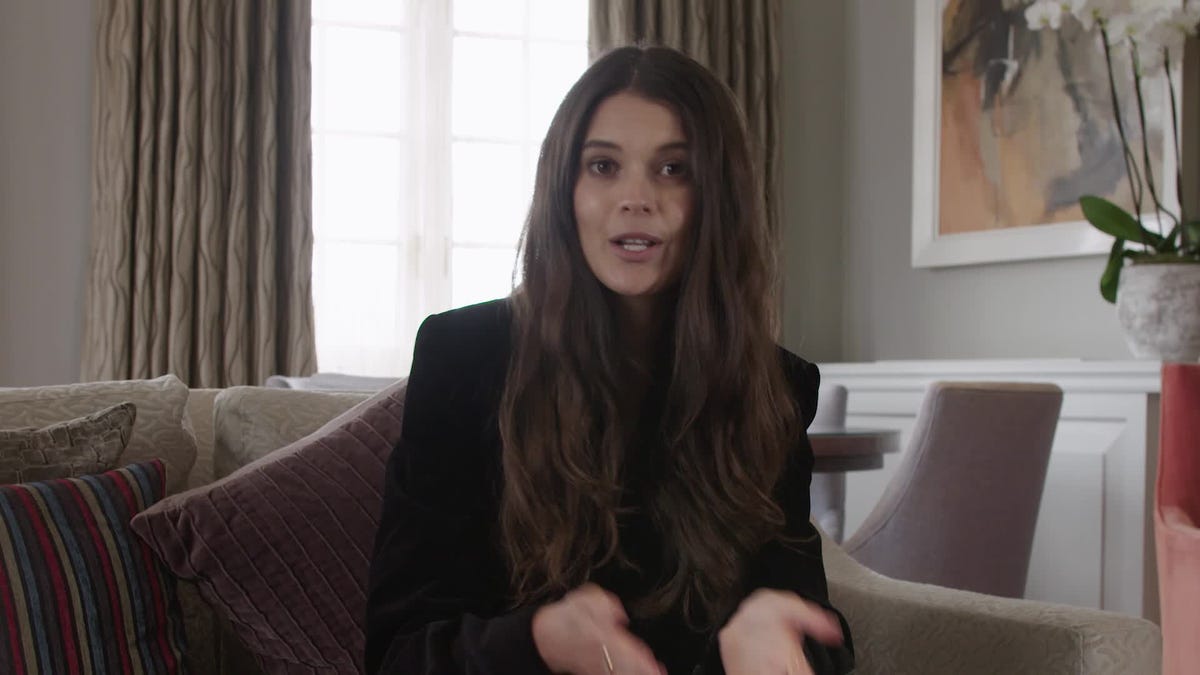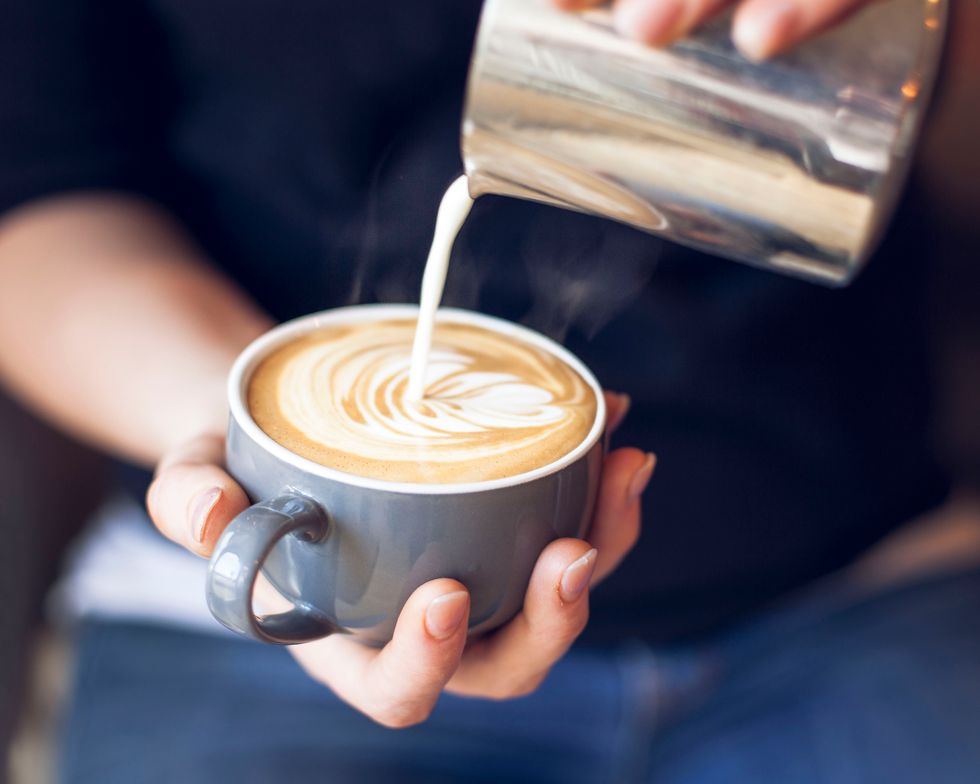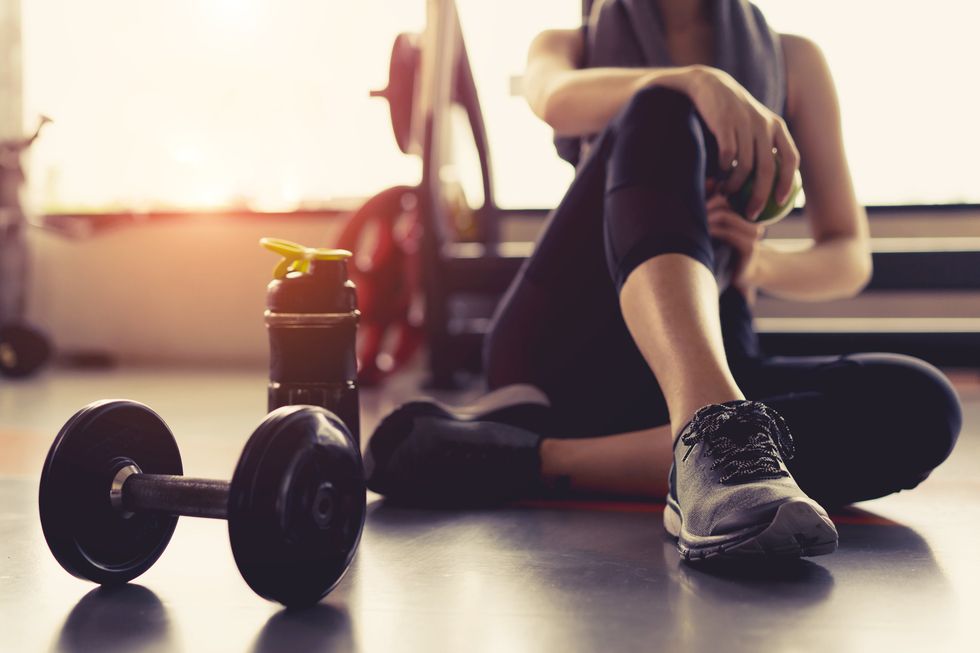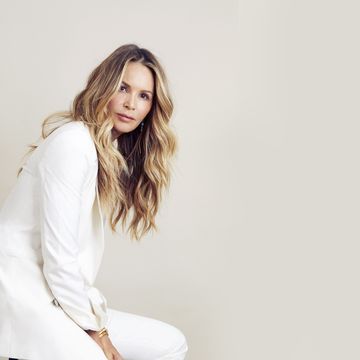If your cup of coffee is one of the only things getting you out of bed in the morning, you’re not alone.
Brits consume approximately 95 million cups of the stuff each day, according to the British Coffee Association. At-home coffee drinking reached a record high during the pandemic, with 28 per cent of us drinking more.
Even people who don’t drink coffee take in an average 72mg of caffeine – just above the amount in an espresso shot – every day from sources such as tea, wellness supplements or pre-workout blends.
Why is coffee addictive?
Over time, the cells in your brain adapt and you need to consume more to get the same buzz – something called tolerance, says Dr Lindsay Standeven, an assistant professor of psychiatry and behavioural sciences at the Johns Hopkins University School of Medicine. That’s when you may find your habit – one cup in the morning – turning into multiple mugs throughout the day.
There are very real health benefits to moderate amounts of coffee (the European Food Safety Authority recommends no more than 400mg of caffeine a day – roughly four cups of coffee at 240ml each), including a reduced risk of heart disease and cancer.
Is it good to quit coffee?
Yet at a certain point of caffeine use – which is different for everyone – the downsides emerge. You move out of enjoyment and start to experience side effects such as anxiety, jitters, gastrointestinal (GI) discomfort, or trouble sleeping, says Dr Standeven. Or perhaps you’re pregnant or breastfeeding, or have health conditions that make too much caffeine dangerous, such as high blood pressure.
What happens when you stop drinking coffee?
A break can do your brain and body good, with possible benefits including quieting anxious thoughts and better sleep. This has plenty of pros for your ability to think and focus, your mood, energy and more.
Curious as to how you would function without your fix? Try a little caffeine ‘reset’, if you will – even temporarily. Experts have manageable ways to scale back, take a pause or cut yourself off from the source completely. Try all or some of the tips ahead.
How to drink less caffeine: 7 tips
1. Track your intake
Because caffeine appears in more than just coffee, you might not know exactly how much you’re consuming regularly. Before you start to reduce, keep a caffeine diary, recording the food and drinks contributing to your intake.
"Sipping on coffee during the day got me through life up to this point," says Dr Nicole Avena, assistant professor of neuroscience at the Icahn School of Medicine at Mount Sinai, who took a break for six months to see what she would feel like without the lift. By keeping tabs during her trial period, Dr Avena noticed she drank her afternoon one or two cups out of pure habit, not necessity.
"I realised I actually didn’t need caffeine to focus and think clearly at work," she says. She has since gone back to her cup, but with a much better understanding of the ‘why’ behind her reformed habits – and without her mindless afternoon jolt.
2. Taper off
Many people find going cold turkey challenging, says Dr Laura Juliano, a professor of psychology and caffeine researcher at American University. So, she recommends decreasing your baseline dose by 25 per cent a week.
If you have 400mg per day, scale back to 300mg (around three to four cups) that first week, and so on until you hit your goal. This strategy will help soften the no-caffeine blow.
3. Fill up on fibre
Feel like you need coffee to keep the plumbing running? Ensure your GI system hums by increasing water consumption and aiming for 25g of fibre per day, says dietitian Gillian Culbertson.
"A plain hot beverage in the morning, even hot water, can stimulate your system," she says.
4. Swap in a new routine
A bonus of coffee is that it's ritualistic and this is one driver behind the craving, says Dr Avena. Irritability isn’t a good substitute – try decaf come midday or buy a new reusable cup and silicone straw to fill with an alternative drink.
For those who find their energy lags leading up to a workout (or if you drink caffeine as your pre-workout drink), sub in a small carb and protein-containing snack.
5. Push through withdrawal
Be prepared to experience side effects such as headaches, fatigue and flu-like symptoms, even if you’ve only been drinking a morning cup or two, says Dr Juliano.
You’ll feel the worst within 12 to 24 hours of missing your normal dose, she says, and caffeine dependence can start at as little as 100mg per day, or about one cup of coffee, research shows.
Symptoms will peak on the second to third day after stopping but should then resolve and go away within a week. Headaches tend to be throbbing, so you can help nix that misery with some ibuprofen.
6. Implement a natural afternoon pick-me-up
To avoid the slump, try moving your workout to the middle of the day if you can arrange your schedule accordingly. "Exercise can boost adrenaline, enhancing concentration and mood," Dr Standeven says.
Midday meditation and yoga in particular are helpful when weaning off caffeine. And hydrate: drinking water and maintaining proper hydration have been linked to more energy and a better mood.
7. Plan your comeback
To use caffeine in a purely functional way, there is no need to do constant ‘resets’, Dr Juliano says. Instead, use it sporadically and your body won’t become tolerant or dependent. There’s no magic formula for doing so, but let’s say you have a project you need to be on for. Drink caffeine on Monday, then again on Wednesday when you have that deadline to hit.















